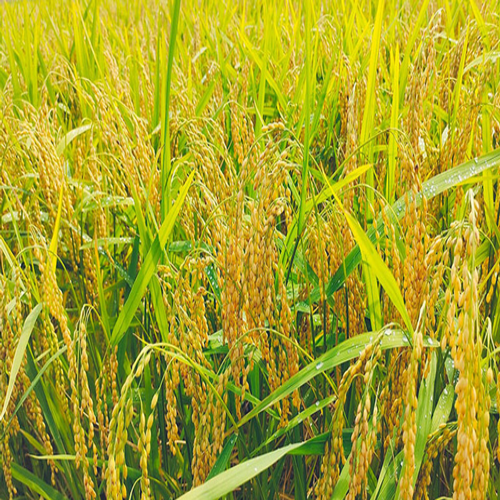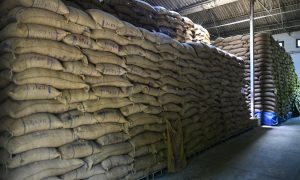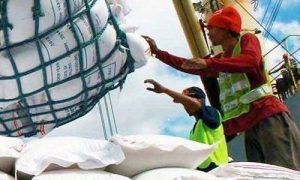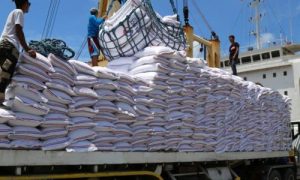Vietnam’s rice brand holds firm position in global market

Rice production is an important sector of Vietnam, creating jobs for tens of millions of farmers across the country. In recent years, Vietnam has had many great achievements in rice production, ensuring national food security and maintaining its position as one of the world’s biggest rice exporters.
Vietnam’s rice has once again been recognized as the most delicious rice in the world at a competition in 2023. Three Vietnamese companies sent six rice varieties to the competition, including ST24, ST25, LT28, Nang Hoa 9, CBR39-1 and A Sao sticky rice.
Vietnam’s rice quality has improved significantly in recent years. The rice bags with the brand ‘Com Viet Nam’ (Vietnam’s rice) are available on the shelves of 253 Carrefour hypermarkets and convenience stores throughout France. The rice is also available at 583 hypermarkets and 100 supermarkets of the L.Leclerc distribution chain in the country.
Earlier this year, QTOrganic exported a consignment of organic rice to Germany at $1,800 per ton, a rarely seen high export price. The partner wants to order several containers of organic rice each month.
According to Ngo Xuan Nam, deputy general director of SPS Vietnam (Vietnam Sanitary and Phytosanitary Notification Authority), Vietnam’s rice products can satisfy the requirements from the EU, which sets high standards on imports.
A An, a Tan Long Group rice brand well known in the domestic market, has been exported to Japan. ST 25 A An has to satisfy 600 criteria.
Distributors want to buy 1,000 tons of ST25 rice a year to increase the rice retail scale. The export price to the market is $1,200 per ton on average.
In 2022, fried rice using Vietnamese ST25 rice was part of a “special lunch” at the Japanese Cabinet Office.
The General Department of Customs (GDC) reported that as of the end of November, Vietnam had exported 7.7 million tons of rice, worth $4.41 billion, the highest in history.
On November 30, Vietnam’s five percent broken rice was priced at $663 per ton, much higher than Thailand’s $625 per ton and Pakistan’s at $598.
Vo Tong Xuan, a famous rice expert, said that previously Vietnam’s rice meant affordable rice products. But in recent years, Vietnam’s rice quality has improved and the rice varieties have higher quality than those of its rivals.
“Green rice, healthy life’
Recently, Deputy Prime Minister Tran Luu Quang signed a decision on sustainably developing one million hectares of specialized paddy with high quality and low emissions in association with green growth in the Mekong Delta by 2030.
The plan reorganizes the rice production sector, improving production and business efficiency, raising rice growers’ incomes and ensuring sustainable development amid climate change.
An international rice festival is expected to be held in December in Hau Giang, a locality of Vietnam’s Mekong Delta rice granary, with the slogan ‘Gao Xanh, Song Lanh’ (Green rice, healthy life).
Nguyen Nhu Cuong, Director of the Department of Crop Production, said that Vietnam’s farm produce in general and rice in particular can satisfy food safety requirements with production following a green process and greenhouse gas emission-reduction principle.
Green rice, healthy life is the harmonious combination between international practice and Vietnamese national characteristics.
In rice production, analysts said Vietnam can take pride in what it has – extremely good rice varieties which create high-yield, high-quality rice products. It also has good farming procedures which minimize the use of input materials and adapt to climate change.
Vietnam has begun to shift into green circular production, exploiting multi-value rice production, effectively using the input and output factors to bring the highest possible effects.
Minister of Agriculture and Rural Development Le Minh Hoan noted that Vietnam not only produces and sells rice grain but also products from rice.















